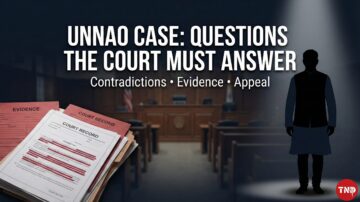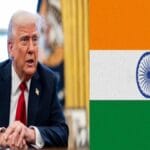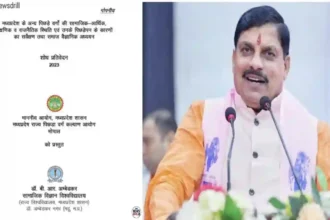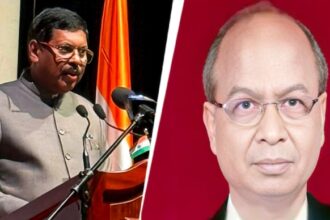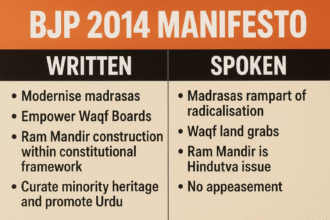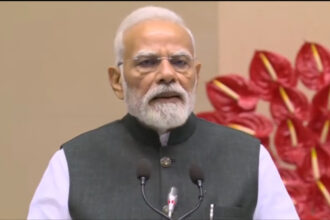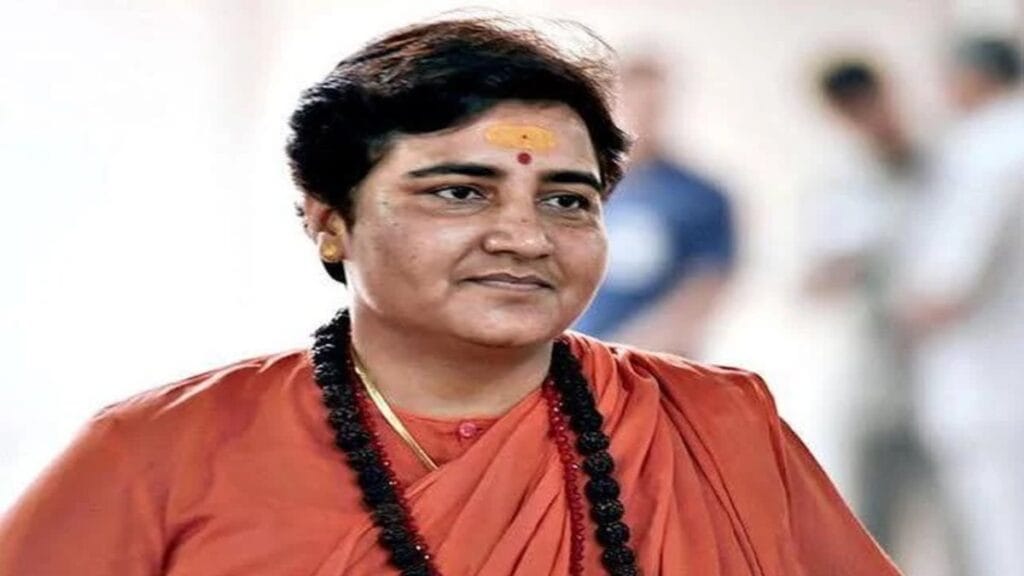
Mumbai, India – The long awaited verdict in the 2008 Malegaon blast case, in which BJP MP Sadhvi Pragya Thakur is one of the key accused, is scheduled to be pronounced today by a special NIA (National Investigation Agency) court in Mumbai. The case, which has lingered for over 17 years, is not just significant for its terror charges but also for the disturbing allegations of custodial torture that have shadowed the investigation from its early days.
At the heart of these allegations is Sadhvi Pragya Thakur, who has repeatedly stated in public and legal forums that she was brutally tortured by the Maharashtra Anti Terrorism Squad (ATS) to force a confession and to frame her as a Hindu terrorist. As the nation awaits the court’s final decision, the spotlight returns to the dark chapter of alleged human rights violations committed under the guise of counter terrorism.
Torture Allegations by Sadhvi
Sadhvi Pragya, a spiritual ascetic with affiliations to right wing organizations, was arrested in October 2008 in connection with the September 29 Malegaon blast, which killed six and injured over 100 people. But what followed her arrest has been described as barbaric and inhumane.
According to sworn affidavits, statements, and her testimony in court, the treatment meted out to her during custody was cruel and degrading:
Beaten with a leather belt repeatedly to force a confession.
Kept with male prisoners, despite being a woman and a sadhvi, violating basic custodial norms.
Shown pornographic videos, allegedly to mentally destabilize and humiliate her.
Abused using lewd language, specifically targeting her private body parts and religious identity.
Asked obscene questions of a deeply personal and sexual nature, aimed at psychological breakdown.
These torture allegations first gained national attention during the UPA era when accusations of Hindu terror or saffron terror were being weaponized in political narratives. Pragya’s defense has consistently claimed that she was a scapegoat, selected to validate a controversial theory linking terror attacks to Hindu nationalist groups.
Malegaon Blast Case: A Timeline of Delays and Drama
The Malegaon blast occurred in a communally sensitive area, shaking public confidence and sparking a high-level investigation. The ATS initially arrested Pragya Thakur along with Lt. Col. Shrikant Purohit and others, charging them under the Unlawful Activities (Prevention) Act (UAPA) and the Maharashtra Control of Organised Crime Act (MCOCA).
However, in 2016, after a change in the central government, the case was transferred to the NIA, which dropped MCOCA charges and gave a clean chit to Pragya Thakur regarding the actual planting of the explosives, though she remained an accused for being part of the conspiracy.
The NIA court has heard more than 300 witnesses and examined volumes of evidence over the years. Several witnesses turned hostile, and multiple procedural delays pushed the case for over a decade and a half.
Political and Ideological Implications
Pragya Thakur was elected as a Member of Parliament (MP) from Bhopal in 2019 on a BJP ticket, even as her trial continued. Her candidacy and victory stirred massive political debate, with the opposition alleging that the BJP was promoting a terror accused, while the ruling party maintained that she was falsely framed under political vendetta during the UPA era.
The custodial torture angle adds another layer of seriousness. If proven true or taken into account by the court, it may reflect a severe misuse of anti-terror laws, undermining faith in democratic institutions and policing practices.
Human rights activists, including retired judges and civil liberties groups, have long criticized the “confession under duress” methodology employed by police units, especially in terror related cases. The Sadhvi Pragya case has become a symbol of both ideological polarization and the need for police reform.
What’s at Stake in Today’s Verdict?
As the court gets ready to announce its decision, multiple layers of justice, politics, and public sentiment intersect.
If Sadhvi Pragya Thakur is acquitted, it would vindicate her claim of being framed and tortured, possibly opening the door for legal action against the officers involved in her alleged custodial abuse. If convicted, it may lend renewed legitimacy to the theory of right wing extremism that was heavily pushed during the UPA years.
In either case, the torture allegations in the Malegaon blast case will continue to haunt India’s counter terror narrative.
Awaiting Justice Nation Holds Its Breath
As the special NIA court pronounces its verdict, India will witness the culmination of a 17 year long legal and political saga. The Malegaon blast case is no longer just about a tragic bombing it has become a reflection of how terror investigations, political motives, religious identities, and custodial torture intertwine in the modern Indian state.
Whichever way the verdict goes, the questions raised by Sadhvi Pragya Thakur’s torture allegations will continue to echo in public discourse, legal reforms, and India’s soul.
Stay Connected with The News Drill for more updates.


